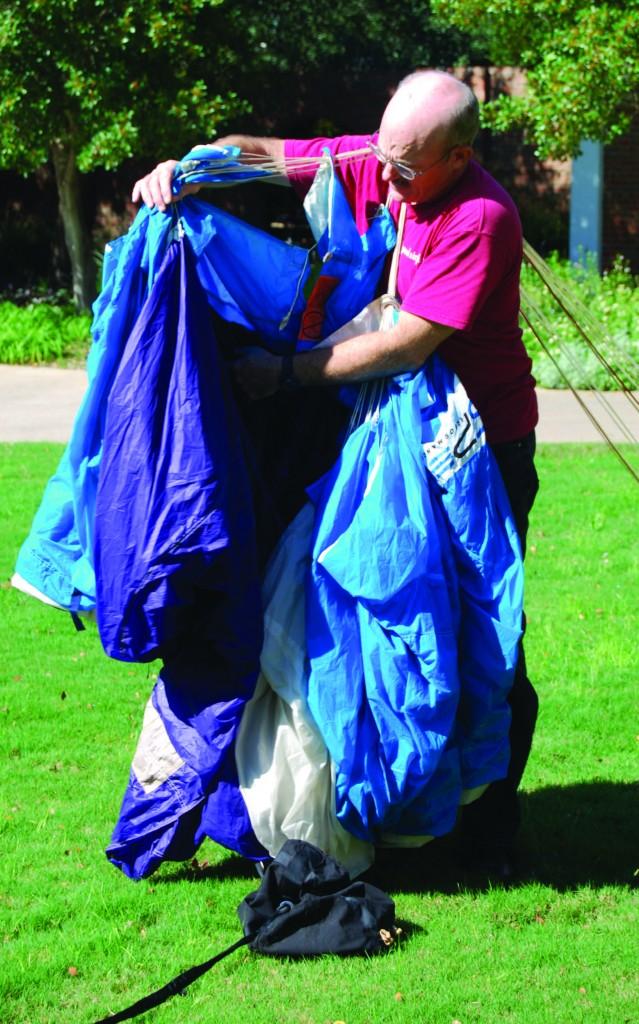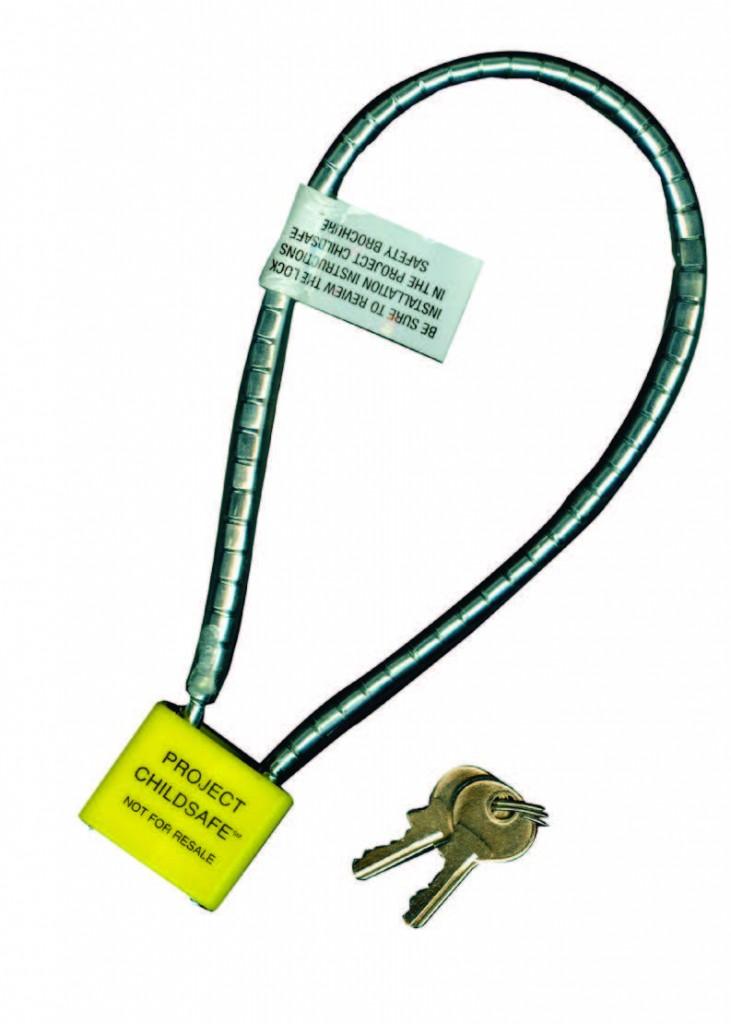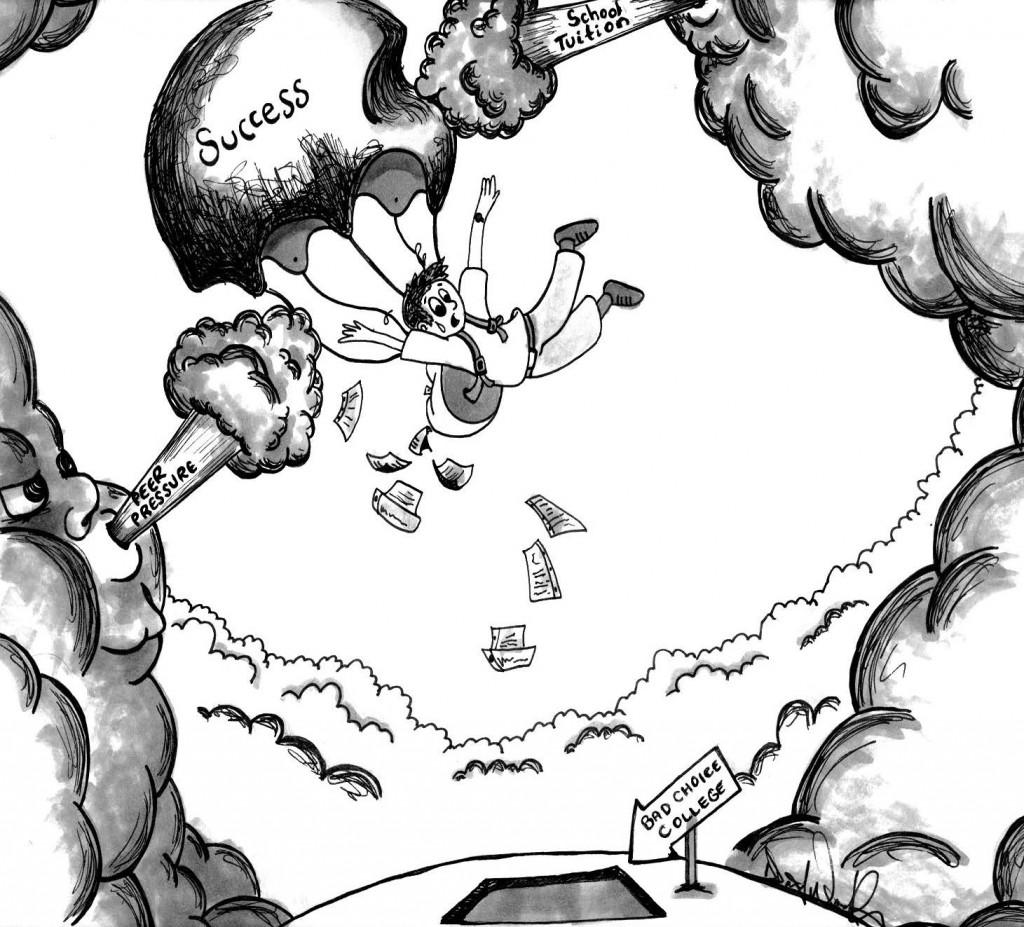By Steve knight/editor-in-chief
Earlier this semester, I wrote in a column that broadcast journalists would never wield the same influence or power that Walter Cronkite had on politicians and public opinion during the Vietnam War.
Although I still believe that, an Oct. 8 interview with Richard Engel, NBC News chief foreign correspondent, discussing events in Afghanistan may come close.
“I honestly think it’s probably about time to start leaving the country,” he said on MSNBC’s Morning Joe program. “I really don’t see how this is going to end in anything but tears.”
Later the same day in an interview with CNN, Sen. Russ Feingold, D-Wis., used Engel’s comments as part of the political debate over the Central Asian country.
“As Mr. Engel said today that it’s time to start thinking about how we disengage from this situation, how we put it back in appropriate contexts of an international fight against Al Qaeda rather than an attempt to create nation-building,” Feingold said. “And I certainly don’t think we can do it by any 40,000 troops.”
Engel went on to point out that going out to villages, attempting to convince Afghans of our democracy-building intentions might not be possible.
“The idea of going in to nation-build and win hearts and minds, I think, over the long term is kind of a loser,” he said. “Going in to try and convince the people that we’re there to develop democracy and develop hearts and minds — the Afghans don’t want it, they don’t want it from us.”
Others are now accusing Engel of “taking sides,” believing that journalists should never express an opinion.
Why not?
I do believe that journalists, when writing a story, should remain as impartial as humanly possible.
However, when a journalist, especially someone as experienced in Middle East affairs as Engel, is asked his or her opinion, it is valuable and valid — whether we agree with it or not.
His opinion is valuable and valid because he is in Afghanistan, and we are not. He is the one under fire and has seen solders die.
The individual American still possesses the final choice of what to do with that information.
But, Engel is worth listening to.




























